Paths to Freelance Editing Careers
If you’re just hanging out your freelance editing shingle, or if you want to branch out into a new specialty, the EFA is here to help. We know that having lots of options can be overwhelming, so we’ve bundled together selected webinars and courses to make it easy to get started.
Launching Your Editing Business
We recommend you begin with these essential webinar recordings. They cover the basics of launching your business, keeping track of your projects, and drawing in clients with a vibrant website and strong proposals.
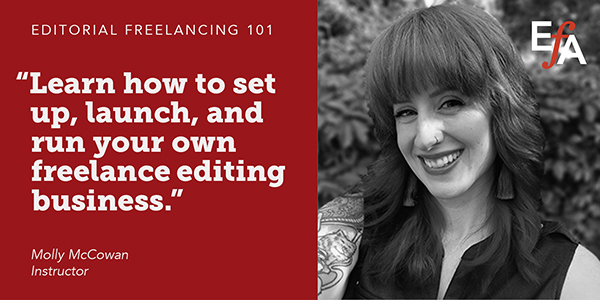
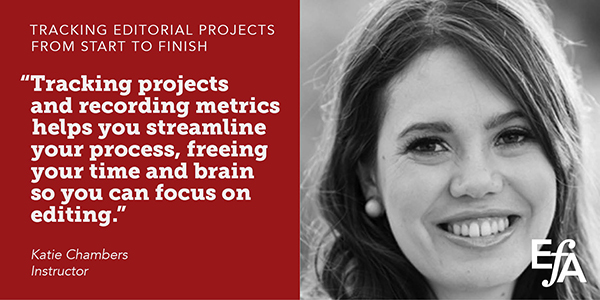
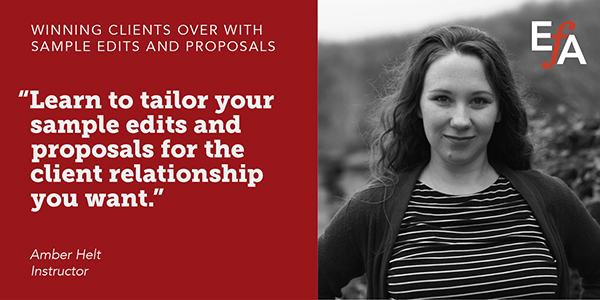
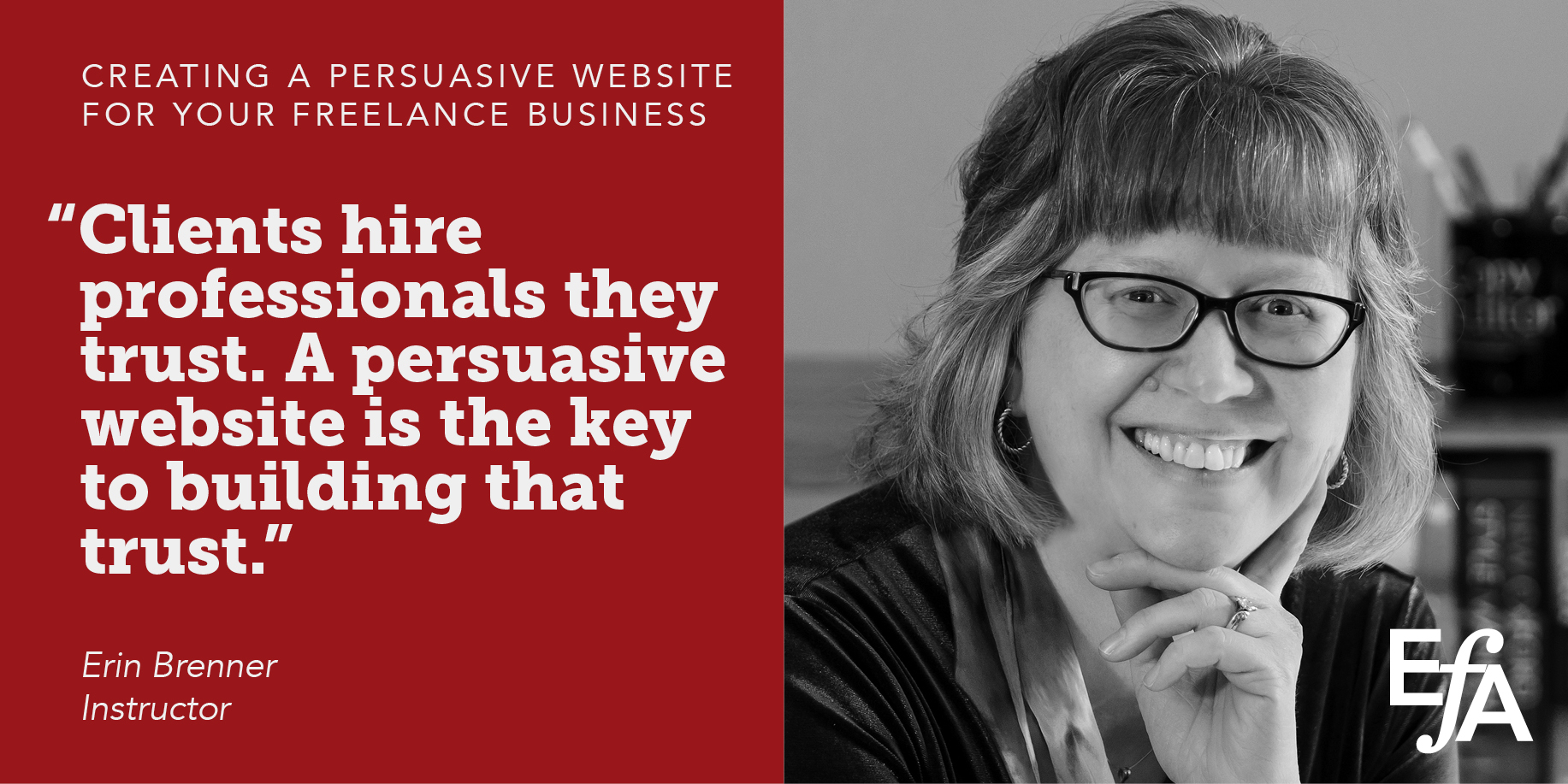
Becoming a Fiction Editor
Begin with our webinars on line editing and developmental editing of fiction, which provide an excellent overview. Then move on to our popular self-paced course on beginning developmental editing for a thorough grounding in the basics.
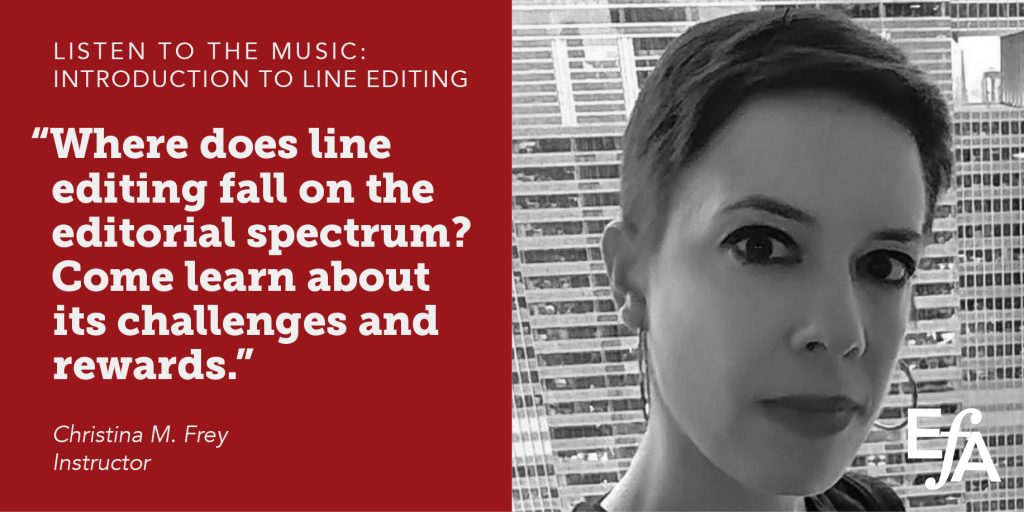
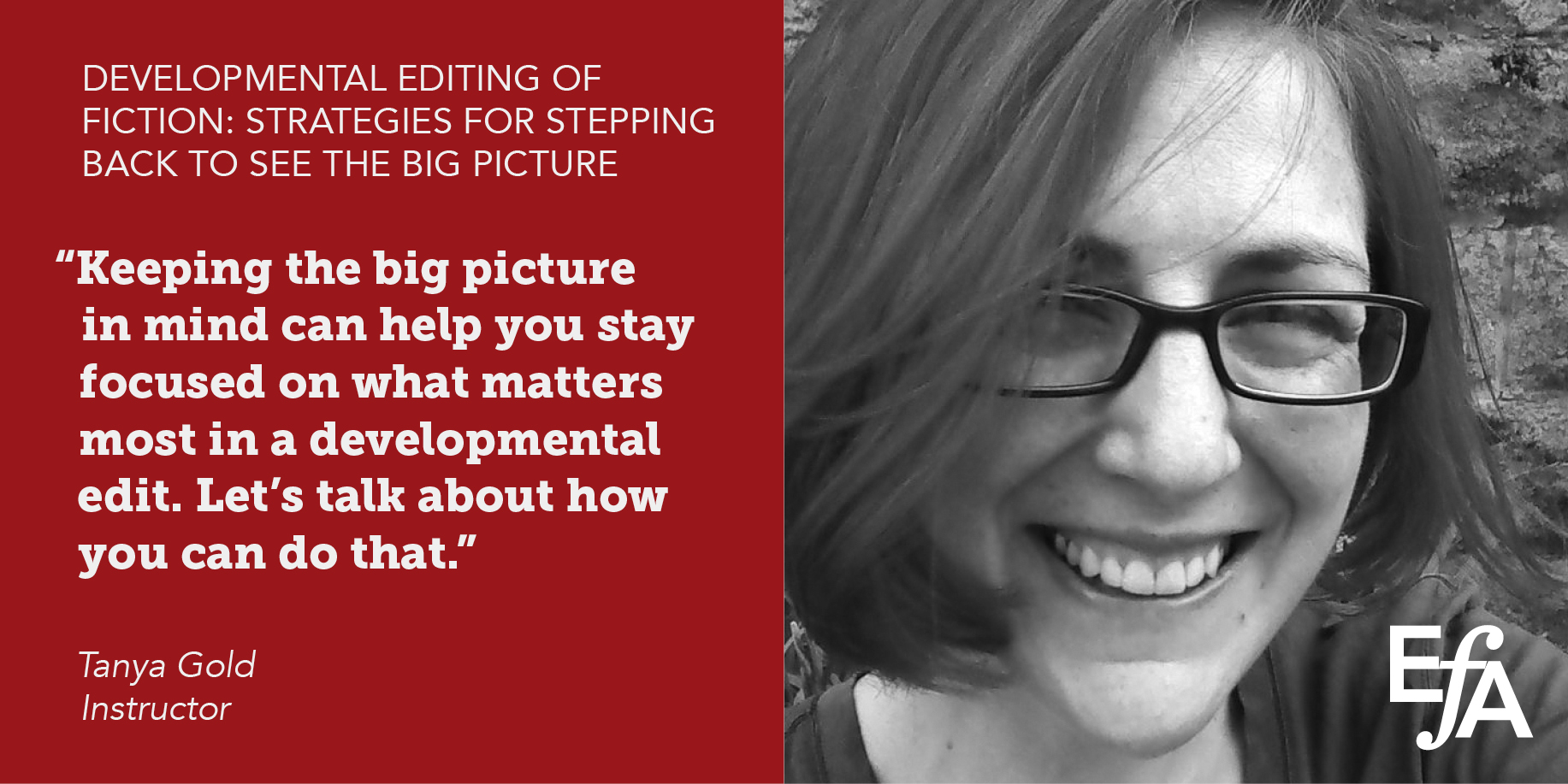
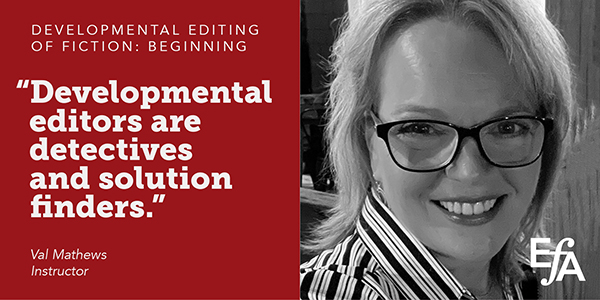
We regularly offer traditional courses for fiction developmental editors at intermediate and advanced levels, as well as classes on specific fields such as children’s fiction, young adult fiction, and genre fiction. Check our courses page to see when the next sessions are running.
Becoming a Copyeditor
If you want to dip a toe into this exciting branch of editing, don’t miss our two-part webinar series on copyediting fiction.
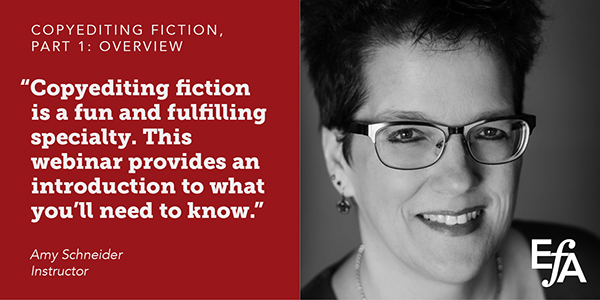
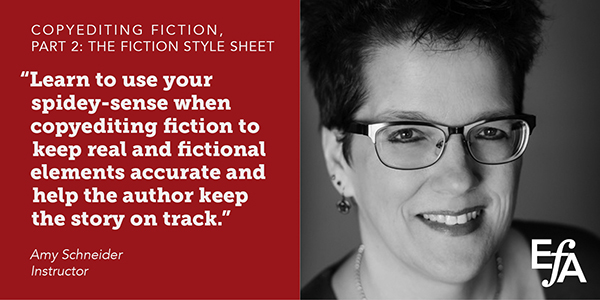
When you’re ready to dive deeper, try our beginning copyediting self-paced course, which is an excellent starting point for copyeditors in any field. We also have a more technical self-paced course on proofreading and copyediting with The Chicago Manual of Style, one of the world’s most popular style guides.
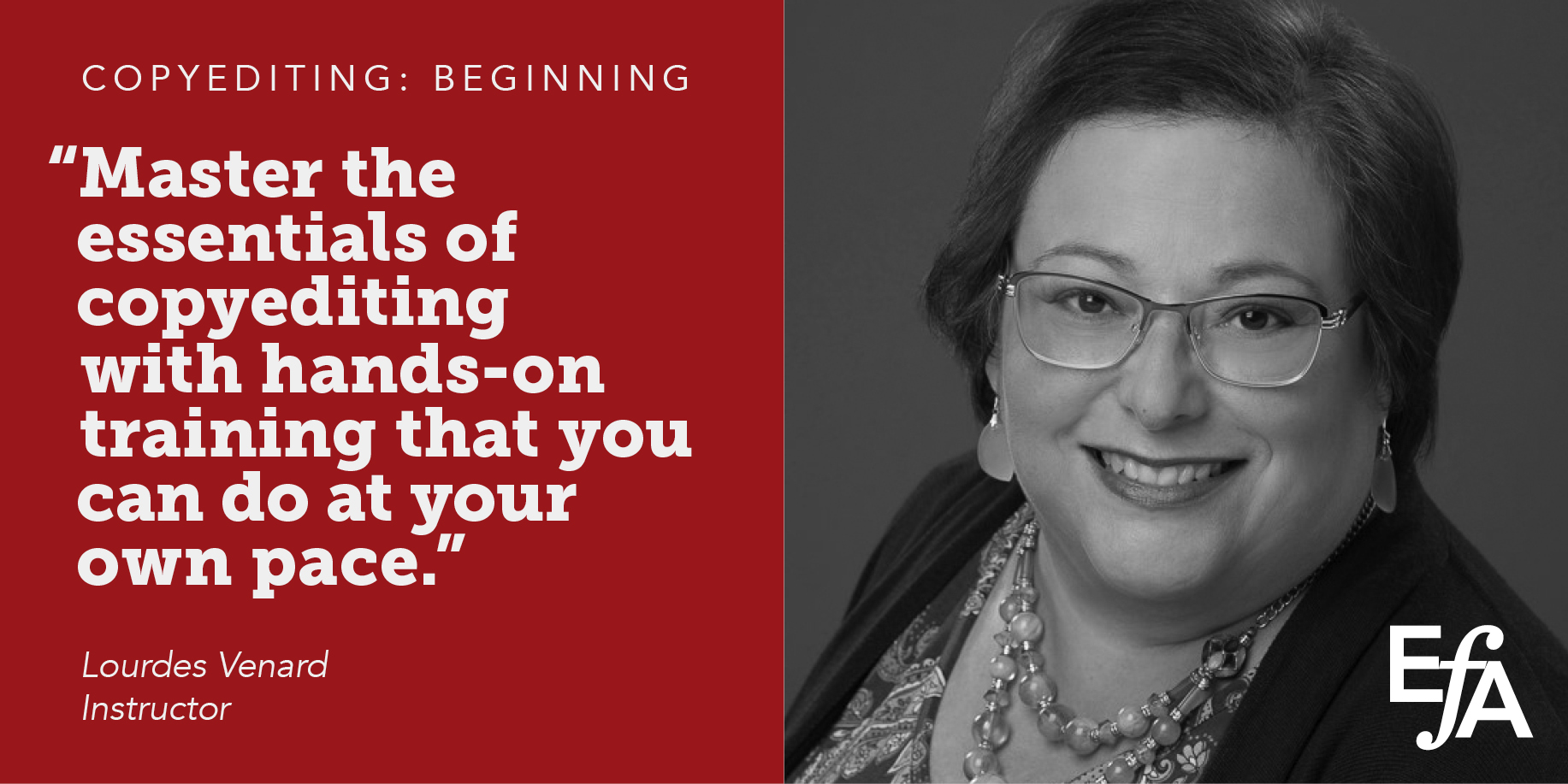
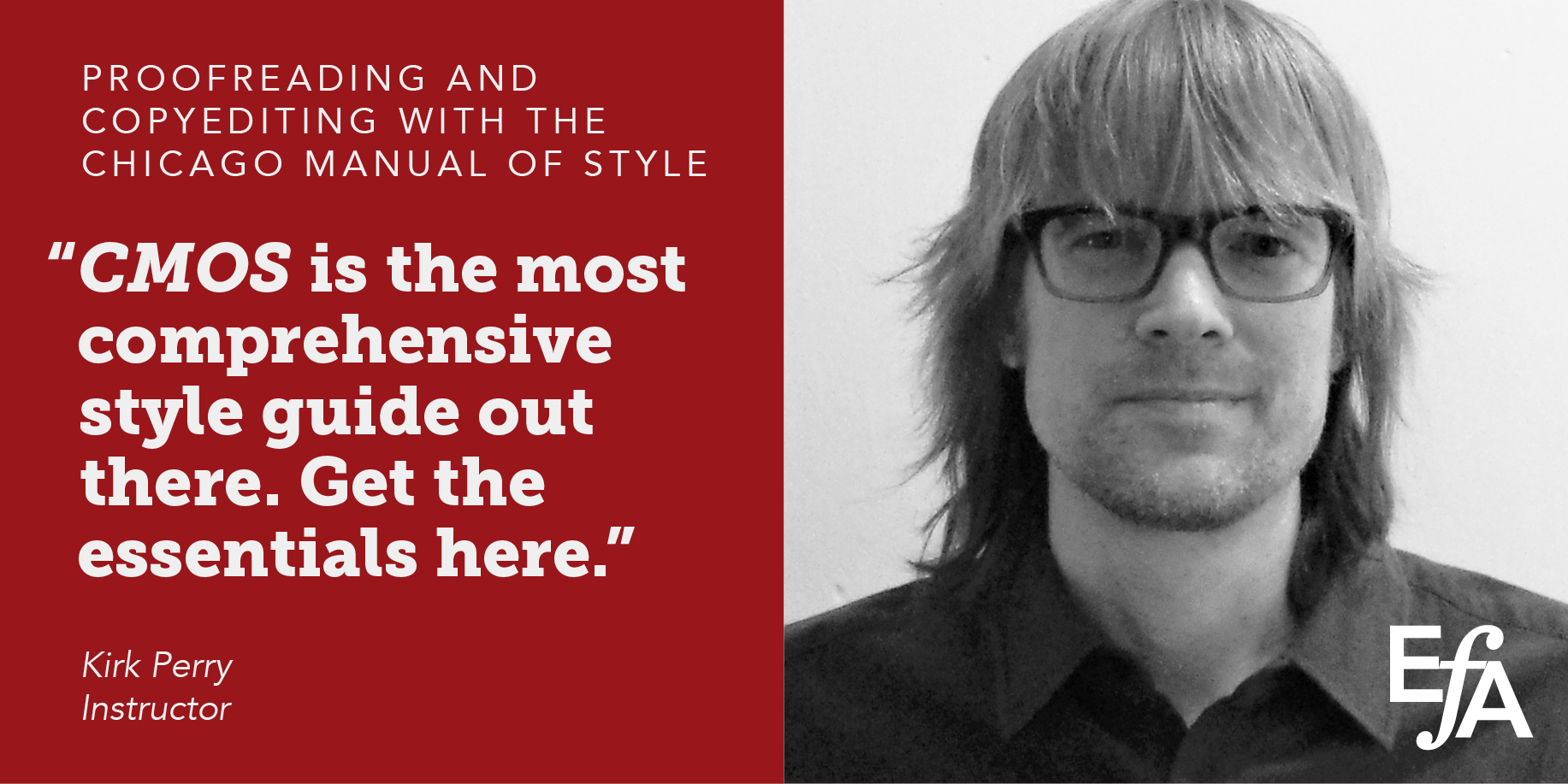
Breaking into Academic, Scientific, or Medical Editing
The breadth of these fields makes them daunting for new editors. These webinars and courses will help you learn more about career options and decide which is right for you.
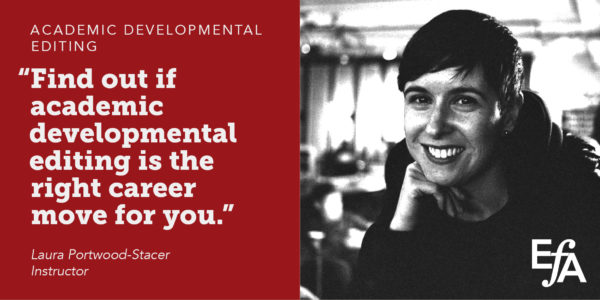
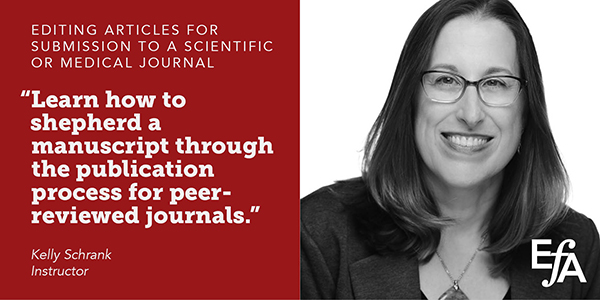
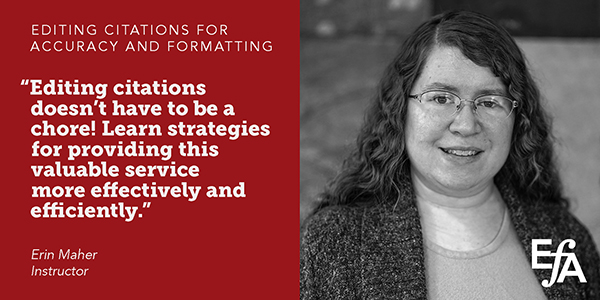
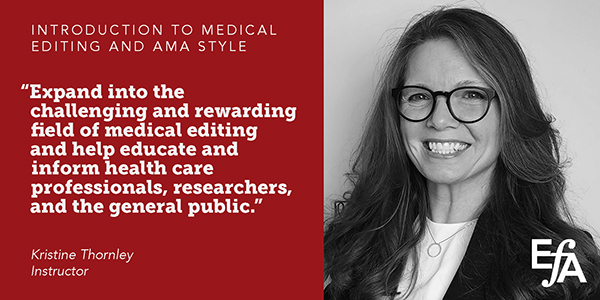
Ready for More?
This just scratches the surface of the EFA’s educational offerings. Check out our full listings of active courses and recorded webinars for much, much more. And don’t forget, EFA members get 20% off the price of all courses, and can watch many webinars for free! If you join two traditional courses, take four self-paced courses, or watch three free webinars, your one-year membership just paid for itself. Not a member? Join today.















